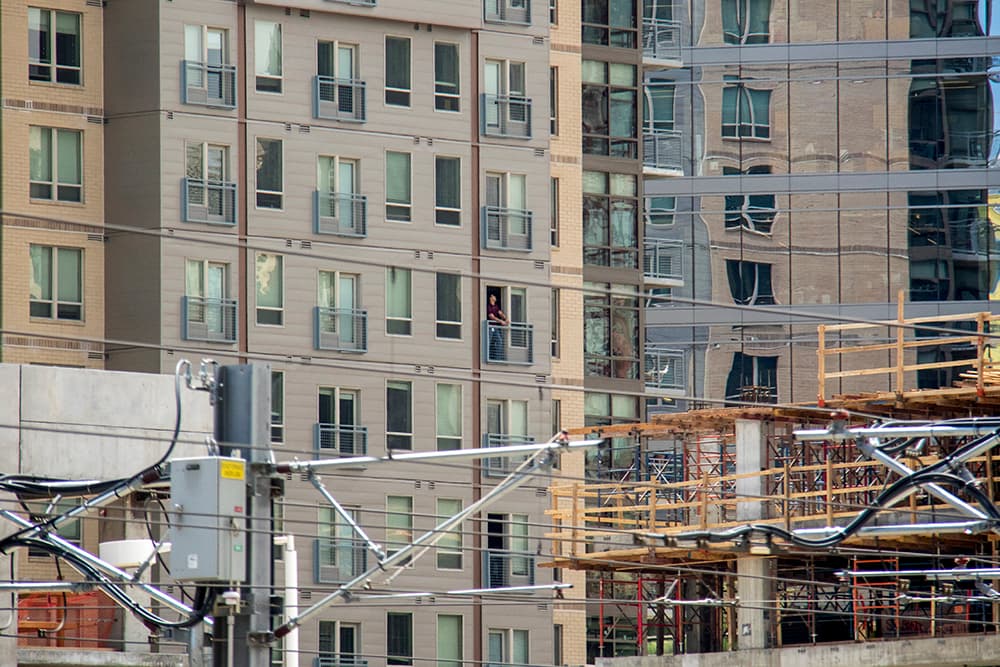
As Denver moves to make 400 vacant apartment units available at affordable prices, Mayor Michael Hancock announced Tuesday that the city will partner with Chipotle to help reach that goal.
The Denver-based burrito chain will be the first company to get involved with the initiative, providing funds and identifying employees who might be candidates for housing.
Hancock first announced the program -- which currently goes by the name City and County of Denver Lower Income Voucher Equity (LIVE) Pilot Initiative Program -- during his State of the City speech in July as he expressed shock at the pace of development.
"We're trying to find new and innovative ways to make sure our low-income families have access to affordable housing," said Jenna Espinoza, deputy communications director for the mayor's office.
The LIVE program will "look at the existing vacancies in our housing markets, in our rental markets -- neighborhoods such as LoDo, by the ballpark, in the Highlands and other areas where there’s been massive construction of apartment units of the last couple years,"said Erik Soliván, executive director of the Denver Office of Housing and Opportunities for People Everywhere (HOPE).
Then, it will find vacancies and make those apartments available and affordable to people who need them. The initiative is modeled after but does not replicate the U.S. Department of Housing and Urban Development's voucher program, Soliván said.
He said the "mechanics" of the partnership with Chipotle aren't yet in place, but the basic idea is that the chain will contribute funds that will be matched by the city, then identify employees who meet the criteria to participate in the program.
Chipotle Communications and PR Manager Quinn Kelsey said in an email, "We’re currently in a preliminary discussion phase, but we look forward to hearing how the program progresses and seeing how this partnership could come to life."
The LIVE program also will target other service workers, teachers, hospital workers and young, new tech employees to participate. The income criteria is 4o to 80 percent of the annual medium income, which amounts to about $24,000 for an individual and $33,000 for a family of four on the low-end and $47,000 for an individual and $67,000 for a family of four on the high end, according to a city document.
Low- and moderate-income individuals and families face the greatest housing shortage, according to the city. Units are most freely available for those with the highest income.
In addition to subsidized housing, participating individuals and families will get help saving for future housing. Over the course of the two-year pilot, "5 precent of the rent that they pay will be set aside into a savings account," Soliván said, "and at the end of the two-year period, they’ll be able to use that money to transition to other housing."
To subsidize the gaps between affordable rent and market-rate rent, the city will enter a public-private-partnership that includes the Denver Housing Authority, charitable foundations, the Apartment Association and apartment building owners and operators, the Downtown Denver Partnership and employers such as Chipotle.
The funding goal is about $2 million, and for its part, the city will contribute money from the Revolving Loan Fund.
Applications for the LIVE program will open late this fall.













